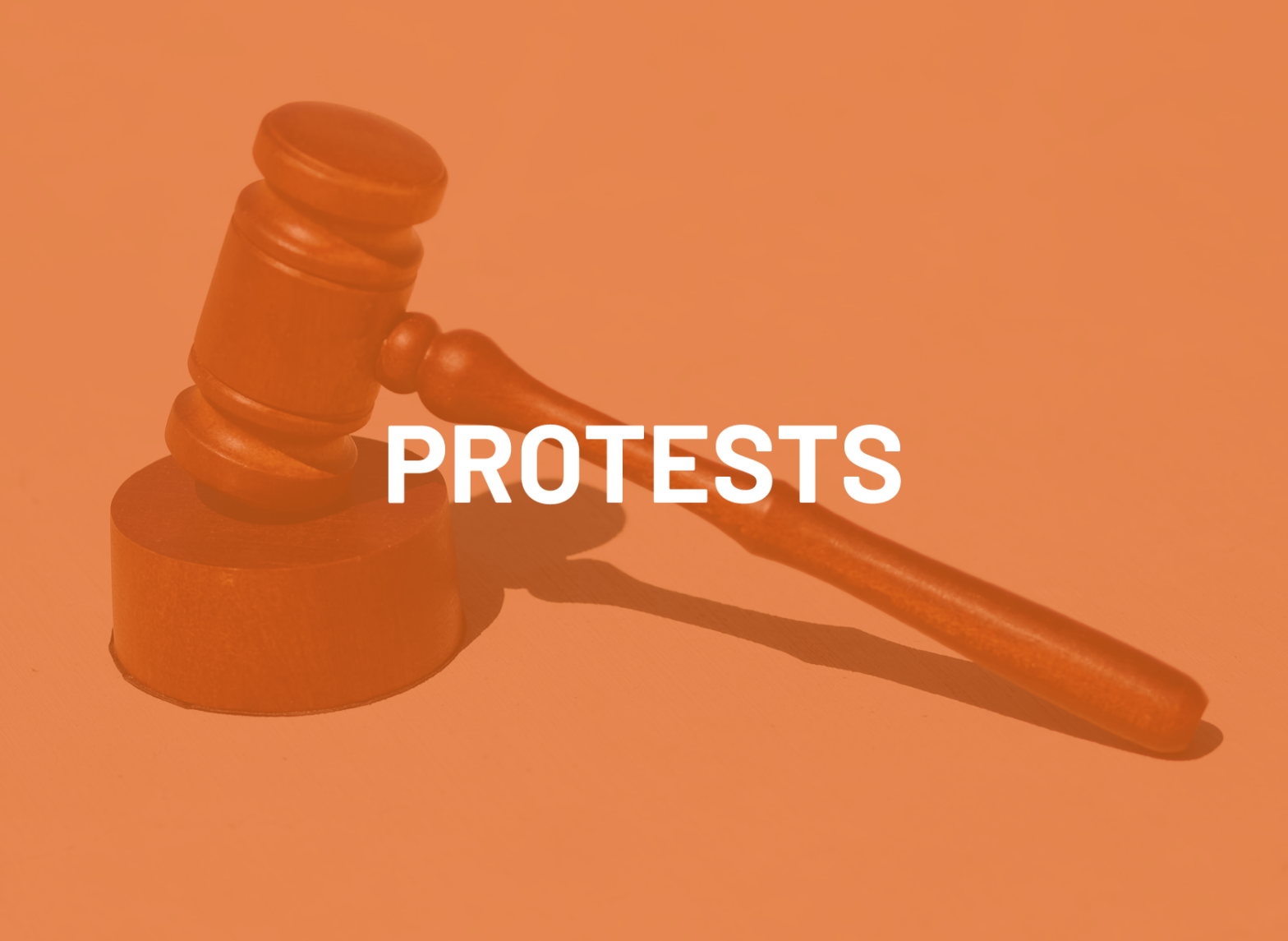While not a Shakespearean existential inquiry, a vendor who did not win a competitive bid for a public contract may be faced with a critical question: “Should I file a bid protest to challenge this award decision, or not?”
Bidders who have standing want to exercise their right to protest to correct alleged improprieties. Sometimes vendors file what some would call “frivolous,” or “sore loser” protests, after the fact, when some of the questions could have been addressed before a decision was made to award the contract.
The level of effort required to review and respond to public bid protests cannot be understated. A few years ago, NASPO formed a Best Practices Work Group to research bid protest practices around the country and published the paper State Bid Protests. Most states participating in the NASPO study noted that bid protests can be very time consuming, requiring as much as 20 hours or more to review and prepare a response, which can often include support from legal counsel.
When asked whether requiring bonds for bid protests discouraged frivolous protests, a few CPOs participating in the Bid Protest study responded affirmatively, while others did not have sufficient statistics to support either conclusion. One state CPO did not believe requiring protest bonds is an effective practice to deter unhappy vendors from filing frivolous protests that do not have standing. One other state was considering introducing protest bonds at the time to offset the significant costs of the staff reviewing protests filed with the state purchasing agency. Requiring bid protest bonds with the submission of a protest is authorized in seven states, according to the NASPO 2018 Survey of State Procurement Practices.
So, what is the benefit of having a bid protest process? And is anyone winning?
Many states and the private sector believe that offering this avenue to vendors is fair and can act as a real check. It can help identify flaws, anticompetitive practices, or procedural problems that may exist in the procurement process.
Vendors seem to appreciate having the statutory right to protest and a process available to them to express dissatisfaction with a bid/award process, or with a procurement or award decision.
The 2000 American Bar Association (ABA) Model Procurement Code includes model language for legal and contractual remedies in Section 9. It highlights that “allowing an aggrieved person to protest the solicitation, award, or related decisions helps bidders and contractors have confidence in the solicitation and contracting process.” The ABA Model Code has been partially or completely adopted by 60% of the states that participated in the 2018 NASPO Survey.
A recent RAND Corporation study on bid protests in the Department of Defense (DoD)[i] concluded, among other things, that protests do not place a burden on the procurement system. An administrative process for vendors to protest a bid is a way to hold the government accountable and most vendors do not seem to abuse this privilege. Unlike the view held by the private sector, DoD agencies expressed some concern about allowing vendors to protest a bid, which can ultimately lead to delays in awarding federal contracts. The RAND study recommended improving post-award debriefings, which can give disappointed bidders a better understanding of the evaluation and award process and help them better analyze potential protest grounds before filing a protest.
Deadlines to file bid protests and processes vary among the states. Many states have a stay of procurement, which prevents the state from proceeding further with the solicitation or award of the contract until the protest is resolved[ii]. One piece of advice for vendors who contemplate this administrative avenue is to follow the specific state requirements and file timely if they think they have been wronged or disagree with a procurement/award decision.
Protest procedures vary between the states in terms of who is the starting point for a bid protest, who reviews them and makes the final determination, available remedies and general timelines for timely filing. So be sure to understand the relevant laws and requirements.
What does your state do to prevent bid protests, or handle them efficiently? Send your state approach, or strategy to emoreland@naspo.org We’d like to hear from you and add your state’s example/case study to our best practices repository.
[i] Assessing Bid Protests of U.S. Department of Defense Procurements. Identifying Issues, Trends, and Drivers. RAND Corporation Research Report available at: https://www.rand.org/pubs/research_reports/RR2356.html
[ii] State Bid Protests. NASPO research brief available at: /Publications/ArtMID/8806/ArticleID/2181
